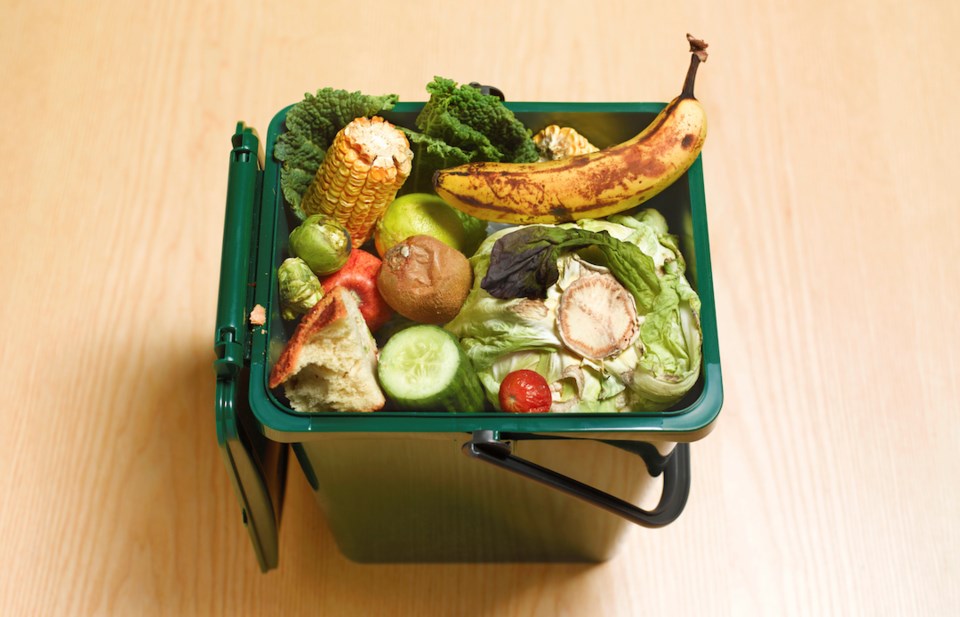Organics collected in Sechelt’s new curbside collection system have been delivered to program partner Salish Soils contaminated with garbage.
Spokesperson for Salish Soils, Shawna van Poppelen, said that on Dec. 10 and 11, three loads contained contamination levels that forced them to be rejected and redirected to the landfill. Several other loads required hand sorting to remove non-food waste items before they could be processed.
The municipality is charged additional fees by Salish for rejected loads and ones that require additional attention. Sechelt’s director of finance David Douglas said that load contamination also impacts other program costs. “It affects the amount of money the District receives from Recycle BC each year. The more contaminants, the smaller the rebate we receive to offset service fees for garbage and recycling.”
“Understandably there may be some confusion about what can and cannot be placed in the green food waste bins. Residents have had relatively the same waste collection system for nearly two decades, so this is a big change for many,” Douglas told Coast Reporter. He encouraged those who are unsure about what items go in which recycling container to review the sorting information that was delivered with their bins. Details on acceptable bin contents can also be found on sechelt.ca, via the Sechelt Citizen app and on Sechelt’s social media channels.
“The green organics bin is new for many people, but we’re confident people will catch on quickly. We’re not re-inventing the wheel – we know similar programs operate successfully in other jurisdictions.”
He explained that if collection staff encounter repeated garbage or other non-recyclables in either the green or blue bins, collection from that residence can be suspended.
Salish is taking a proactive approach to addressing the problem. “We will be working with our partners by increasing the community outreach on contaminated loads and continually auditing the material that comes in.” van Poppelen wrote in a Dec. 16 email.
“Since Saturday (Dec. 11) we have not received any more loads of food waste to our site that were strictly the District of Sechelt so it is unclear as of yet if the situation has improved.”
She noted that Salish has established a successful similar recycling program with the Town of Gibsons, which has a high participation rate. “We look forward to assisting in creating a program that is just as successful for the District of Sechelt. Our goal at Salish Soils is to create high quality compost and to do that we require high quality feedstock, which only the residents of the Sunshine Coast can help us with.”



